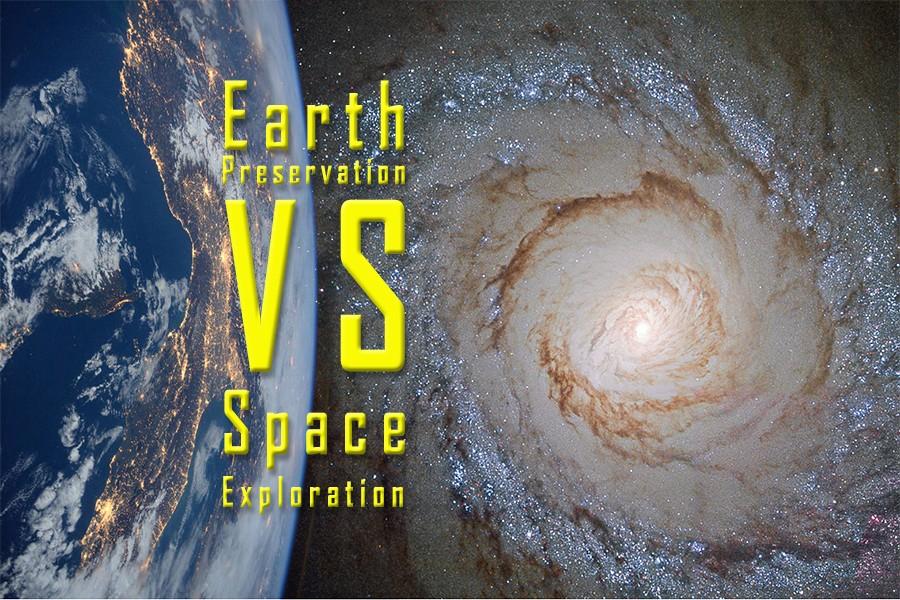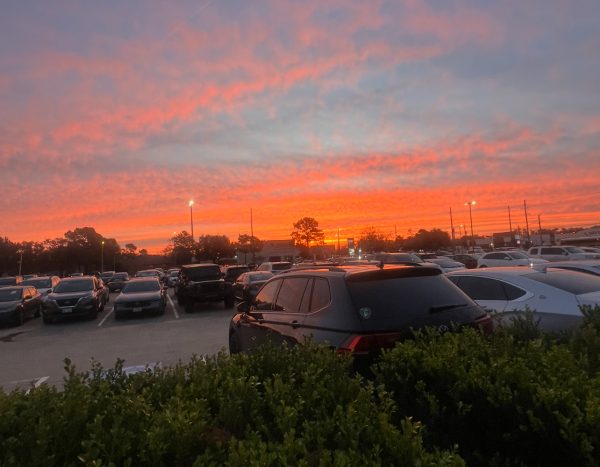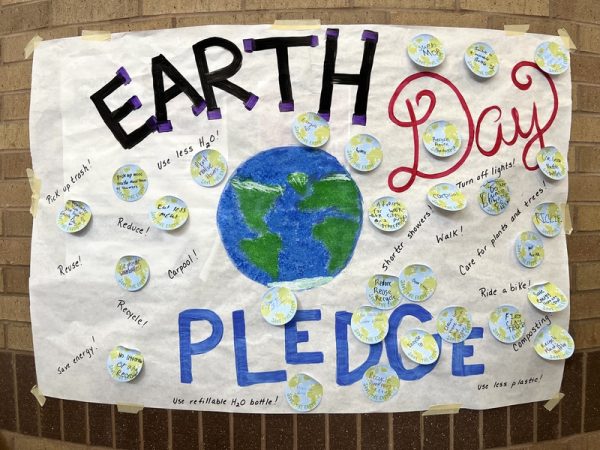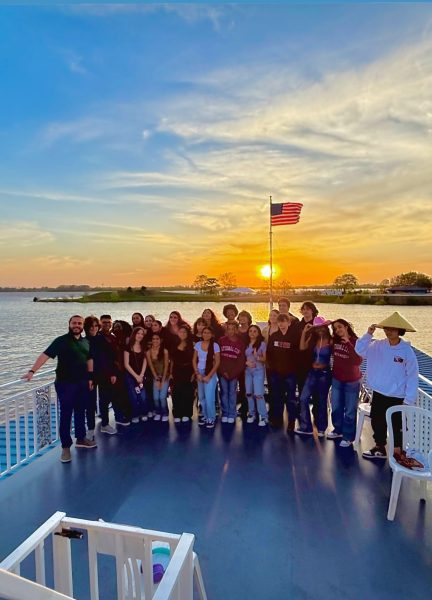Space Exploration vs. Earth Preservation
This photo-illustration shows the planet Earth next to the galaxy Messier 94, which lies in the small northern constellation of the Hunting Dogs, about 16 million light-years away.
Faced with disastrous, potentially life-threatening environmental issues including climate change, habitat destruction, overpopulation and resource depletion, one question remains prevalent; would it be more beneficial to put more funding into earth preservation or space exploration?
While earth preservation is extremely important, in the long run, space exploration is highly beneficial to the enabling of humans to explore the solar system while also contributing immensely to countless improvements for life here on Earth, and even offering the environment to cultivate new materials.
Alan Tratner, writing for a debate on 1World Online argues “…science fiction is coming true with ventures to mine heavenly bodies for water, minerals, etc. Nowadays, plans to explore and colonize other worlds, and beyond are being realized.”
In this day and age, humans have the potential to prevent another mass extinction caused by asteroids or space debris such as the dinosaurs supposedly endured. Ongoing projects such as Spacewatch, The B612 Foundation and Pan-STARRS strive to survey the sky for moving objects that could potentially reach Earth while also keeping track of already detected objects. These preventative actions are made possible by extended space exploration within our grasp.
The International Space Station has also provided a unique environment for new scientific research and discovery. By viewing Earth from a distance, understanding its changing environments becomes an increasingly easier task. Research on the ISS leads to immense improvement for Earth life such as better medicine, improved water cleaning methods and better ways to grow enough food for our constant growing population, while also enhancing our understanding of the human body.
“I think [earth and space] can be complementary to one another. Increases in NASA’s space exploration activities have generally coincided with increases in NASA Earth science activities,” NASA climate and biological response program officer, Woody Turner said.
Many NASA engineers offer their knowledge and expertise to aid in problems facing the developing world with the help of space technology. After launching satellites years ago, NASA’s research is now providing information to farmers who depend on weather reports, continued warning of the depletion of our ozone layer and offers the ability to link up with other countries to communicate instantly.
Bill Allen, writing for 1WorldOnline argues “The U.S. space program has contributed to immeasurable economic growth and helped satisfy the common human impulse to explore.”
On the other hand, Earth preservation is vital to saving our only current human home and preserving the foundation for years to come. Issues such as global warming, climate change and the rise of sea level remain relevant and pressing topics among students and scholars alike.
“…we only have one Earth, and although we can pay for space exploration to find another planet like Earth, we only have one so why not better the planet that we have been living on for thousands of years?” Sophomore Jordan Coltharp said.
“Survival of that launch pad [earth] will only occur if we prioritize our investment in crucial pollution, energy, political, financial and ecological solutions-and do so immediately,” Bill Allen said.
Nevertheless, funding space exploration does not mean earth preservation will be forgotten. Organizations including EPA, Greenpeace and National Wildlife Foundation will still continue to gain funding while potentially working together with NASA, to ultimately create a positive impact on the continuation of human survival on Earth.
We might be the last generation that is able to put a step forward to save our precious environment but we are also the next generation since the space race that can push forward into further exploration to ultimately create a better way of life for generations to come.












Mr Ricks • Feb 9, 2016 at 4:37 pm
I love this paper, you guys rock!